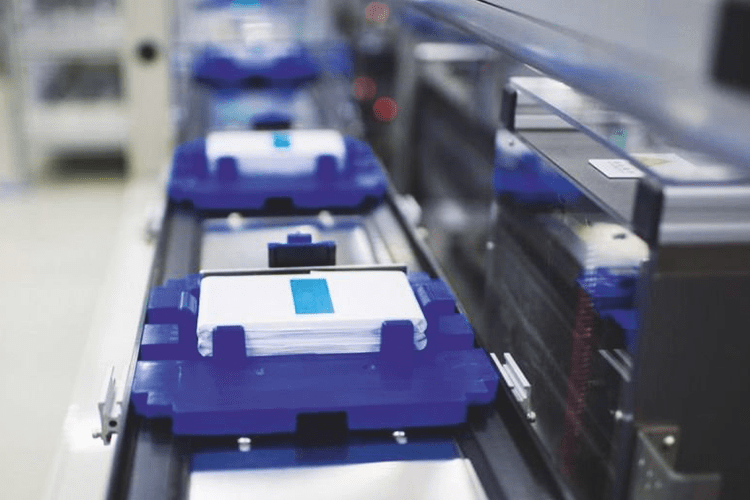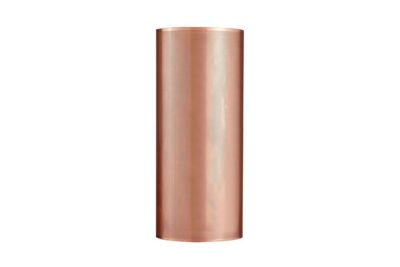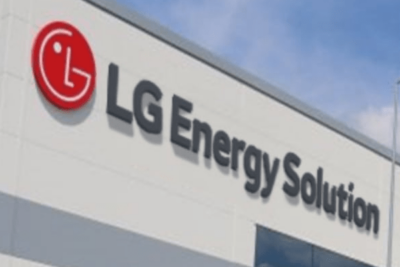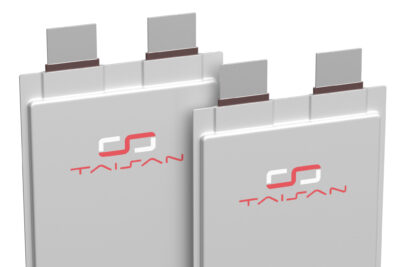Virginia decides against CATL-Ford battery factory
The US state of Virginia is taking itself out of the running for the factory being considered by Ford and CATL to produce LFP battery cells for electric cars. Specifically, Virginia Governor Glenn Youngkin has decided not to subsidise such a project – out of concern for Chinese influence.
CATL’s plans around a battery factory in the US have long been part of the political tensions between the two countries. When plans for a cooperation with Ford became known in December 2022, a possible deal probably envisaged that the battery factory would be fully owned by Ford but operated by CATL. This would have made it possible for the two partners to receive subsidies under the Inflation Reduction Act (IRA).
At least one potential site has now taken itself out of the running: Despite plans for Ford to have control of the plant, Virginia Governor Glenn Youngkin is refusing subsidies for the factory out of concern about Chinese influence through CATL’s involvement. And without a funding commitment from the state, it is highly unlikely that the factory will be built there.
The factory would have created around 2,500 jobs and potentially attracted other suppliers to the state. The fact that the governor nevertheless rejects such a project is also linked to Youngkin’s political ambitions by the US portal The Detroit News: He is said to want to be the Republican candidate for the upcoming presidential elections. This may also explain the wording of his spokesperson, who told the Detroit News that the subsidy for the battery project was out of the question. “While Ford is an iconic American company, it became clear that this proposal would serve as a front for the Chinese Communist party, which could compromise our economic security and Virginians’ personal privacy,” the spokesperson is quoted as saying. “Virginians can be confident that companies with known ties to the Chinese Communist Party won’t receive a leg up from the Commonwealth’s economic incentive packages.”
The US state of Michigan is also being discussed as a possible US location for the factory – at least that’s what Bloomberg had reported in December. Ford’s Dearborn headquarters is also in Michigan, and General Motors is also investing in battery production in the state. Specifically, US reports link sites in Marshall, Grand Ledge near Lansing and Mundy Township in Genesee County with the project. Mexico and Canada are being floated as other alternatives outside the US.
CATL has been planning a US factory for some time. Last year, CATL delayed announcing the location of the then Solo project because of political tensions between the US and China following Nancy Pelosi’s visit to Taiwan. CATL later bristled at the requirements of the Inflation Reduction Act, which put a Chinese company’s investment at a disadvantage to US firms – CATL would have been hard-pressed to use inputs from its Chinese factories.
Ford, for its part, had announced in July 2022 that it intended to localise 40 GWh of LFP cell manufacturing in North America by 2026. Without an experienced partner, this schedule would be even more ambitious than it already is, which is why a cooperation with CATL would have made sense regardless of the IRA targets.






0 Comments